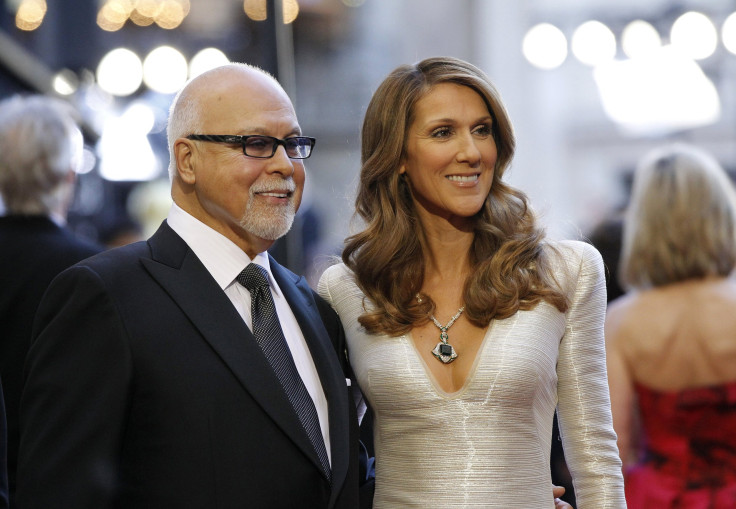New Guidelines Declare Egg Freezing Should No Longer Be Considered Experimental

Cryopreservation commonly known as egg freezing has become increasingly popular in women between the ages of 21 and 43. Some women opt for egg freezing because they are not ready to have a baby, while others are undergoing treatment for an illness that requires chemotherapy or therapy to a part of the body near the ovaries.
As modern-day technology continues to treat infertility, the American Society for Reproductive Medicine has issued new guidelines declaring that egg freezing should no longer be considered experimental.
Under the new guidelines fertility specialists and researchers are urging insurance companies to cover the $12,000 price tag for women who have a medical condition that may destroy their reproductive organs.
Fertility specialists reviewed more than 100 studies on egg freezing and discovered supporting evidence that suggests the process harms the DNA within the egg or causes structural issues.
Health experts hope to encourage more women to consider the option, but pushing insurance companies to pay for the procedure.
Nearly 97 percent of eggs studied during randomized trials were found to be functional after they were thawed. Approximately 40 percent to 60 percent of women who undergo in vitro fertilization (IVF) using previously frozen eggs were all able to successfully conceive.
However, women should keep in mind that these high success rates may not be applicable to all fertility clinics. Only those with high success rates publish their studies. In addition, researchers are more likely to include stories from women who are young and healthy, rather than patients combating cancer or women over 35.
The guidelines recommended the use of egg freezing for women who want to preserve their fertility and have the following medical circumstances:
- They are undergoing chemotherapy or radiation
- They are planning to have their ovaries removed because they carry a BRCA gene mutation that puts them at high risk of ovarian cancer
- They are undergoing IVF with a partner and prefer not to freeze their embryos for ethical reasons such as having to determine whether to destroy leftover embryos in the future.
Published by Medicaldaily.com



























